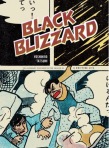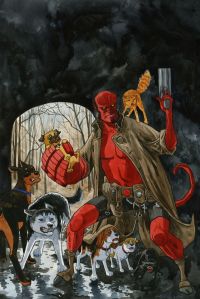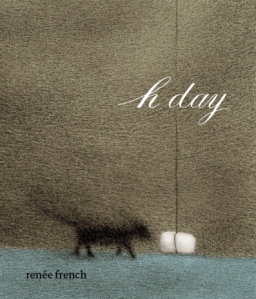I know it’s probably inappropriate to rob you of your right to vote during the week if Independence Day, but there just isn’t enough new material to run either dubious manga or BL polls. There are a couple of new titles that look perfectly awful, but I can’t bring myself to run the risk of ever having to read either of them. And there’s only one new BL title due. As if to compensate for this, Previews is packed with tempting debuts and new volumes of beloved series.
The madness begins with Kodansha Comics providing all of the Sailor Scouts you can handle. There’s the first volume of Koji Kumeta Naoko Takeuchi’s Codename: Sailor V (order number JUL11 1144, $10.99), the prequel to Sailor Moon that has never been published in English, and there’s the first volume of Kumeta Takeuchi’s Sailor Moon itself (order number JUL11 1150, $10.99). Kodansha rather cheekily describes this as “the biggest manga launch of 2011 from any publisher.” I can’t really argue with the truth of that. Of course, if it’s so big, you might get the details on your web site.
I’ve never heard of this book, but I trust NBM, so I’m on board for Takashi Murakami’s Stargazing Dog (order number JUL11 1174, $11.99). This two-volume series originally ran in Futubasha’s Manga Action. It’s about a depressed loner whose life is vastly improved by the adoption of a dog.
Not content with one amazing debut, Vertical doubles up, first with Uumaru Furuya’ No Longer Human, an adaptation of the acclaimed novel by Osamu Dazai (order number JUL11 1258, $10.95). Furuya updated Dazai’s tale of an emotionally troubled man for his three-volume adaptation, which ran in Shinchosha’s Comic Bunch. Side note: Dazai’s novel played a key role in Mizuki Nomura’s excellent light novel, Book Girl and the Suicidal Mime (Yen Press).
If there’s been a manga series that received more attention from mainstream media than Tadashi Agi’s The Drop of God (order number JUL11 1259, $14.95), I can’t think of it. This wine-soaked seinen title follows the rivalry between a wine critic and his brother as they compete for the right to inherit the contents of their father’s legendary cellar.
Viz has a ton of new volume of great series, but the only noteworthy debut is a 3-in-1 release of X by CLAMP (order number JUL2011 1279, $19.99). I can’t find a link for it anywhere, but Viz promises a deluxe collector’s edition restored to its original orientation. As for the story itself, the end of the world is near, and super-powered people are taking sides in Tokyo. The series ran for 18 volumes in Kadokawa Shoten’s Monthly Asuka.
 New volumes of ongoing series:
New volumes of ongoing series:
- xxxHOLic vol. 17, by CLAMP, Del Rey, order number: JUL11 0986, $10.99
- The Summit of the Gods vol. 3, by Yumemakura Baku and Jiro Taniguchi, Fanfare/Ponent Mon, order number JUL11 1106, $25.00
- Black Metal vol. 2, by Rick Spears and Chuck BB, Oni Press, order number JUL11 1195, $11.99
- Twin Spica vol. 9, by Kou Yaginuma, Vertical, Inc., order number JUL11 1260, $10.95
- One Piece vol. 58, by Eiichiro Oda, Viz Media, order number JUL11 1271, $9.99
- Cross Game vol. 5, by Mitsuru Adachi, Viz Media, order number JUL11 1286, $14.99
- Kamisama Kiss vol. 5, by Julietta Suzuki, order number JUL11 1261, $9.99
- Bunny Drop vol. 4, by Yumi Unita, order number JUL11 1300, $12.99
That’s kind of hefty! Start filling your change jars now!
































